Navigating school or university as a minority student can feel both empowering and challenging. While diversity enriches learning spaces, being one of the few can sometimes lead to feelings of isolation, underrepresentation, or added pressure to “speak for” an entire group. Creating awareness, building supportive networks and having access to the right resources can make a huge difference in fostering belonging and academic success.
These useful resources can help guide you in supporting your students.

Resources
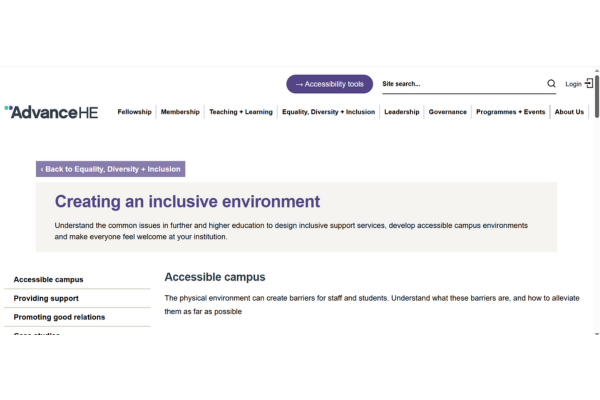
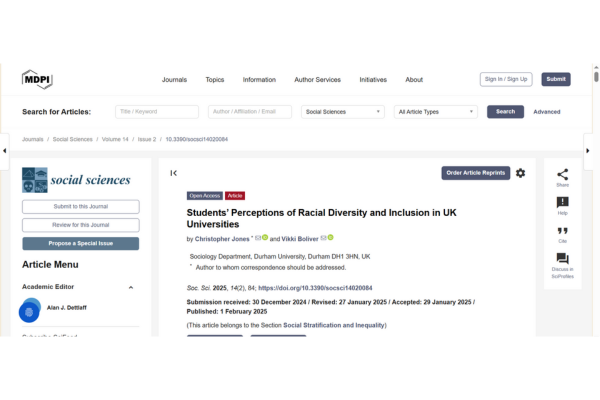

AdvanceHE: Creating an inclusive environment.
This page helps us to understand various specific groups of students that would fall into the minority category.
The page covers advice on the barriers students can face, as well as how to support specific groups.
Students’ Perceptions of Racial Diversity and Inclusion in UK Universities (Jones and Boliver, 2025).
This finding shows that students perceive that progress has been made in this area, but challenges remain in creating truly inclusive environments. Not addressing racial diversity and inclusion leads to continued inequality, alienation, reduced academic outcomes, reputational risk and harm to students’ sense of belonging.
TASO: Approaches to addressing the ethnicity degree awarding gap
TASO is an independent hub funded by the OfS that offers evidence and advice on reducing the equality gaps in higher education. The above article introduces the awarding gap and the toolkits below provide advice on supporting minorities at university.
Evidence Toolkits:
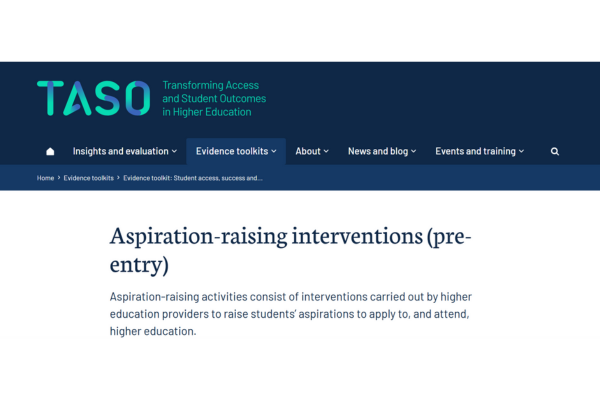
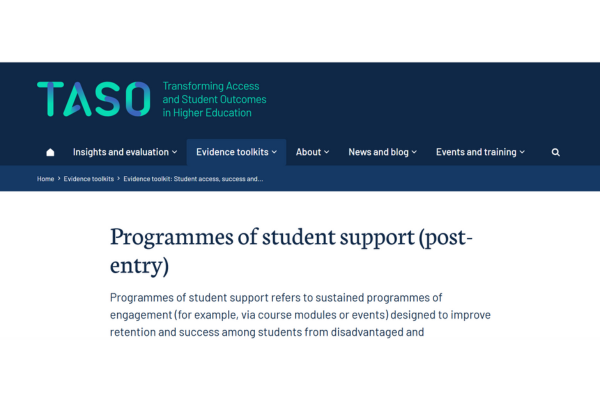
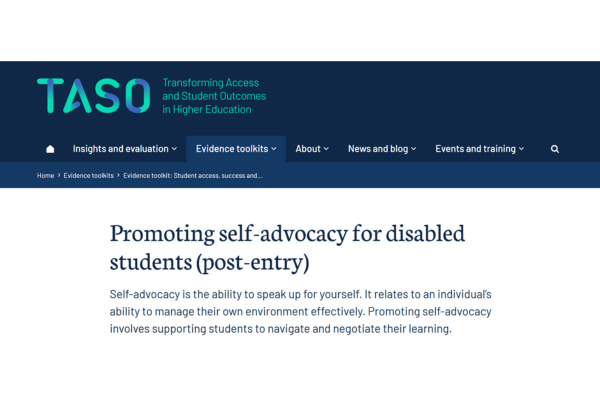
Aspiration-raising interventions (pre-entry)
Aspiration-raising activities aim to encourage students to apply to and succeed in higher education, but there is currently no evidence showing they directly improve attainment.
Programmes of student support (post-entry)
Programmes of student support are designed to enhance retention and success for underrepresented students, with evidence suggesting positive links to student outcomes, though more research is needed to confirm their full impact.
Promoting self-advocacy for disabled students (post-entry)
Promoting self-advocacy supports disabled students in navigating their learning and is linked to improved outcomes, though the evidence base remains limited.
